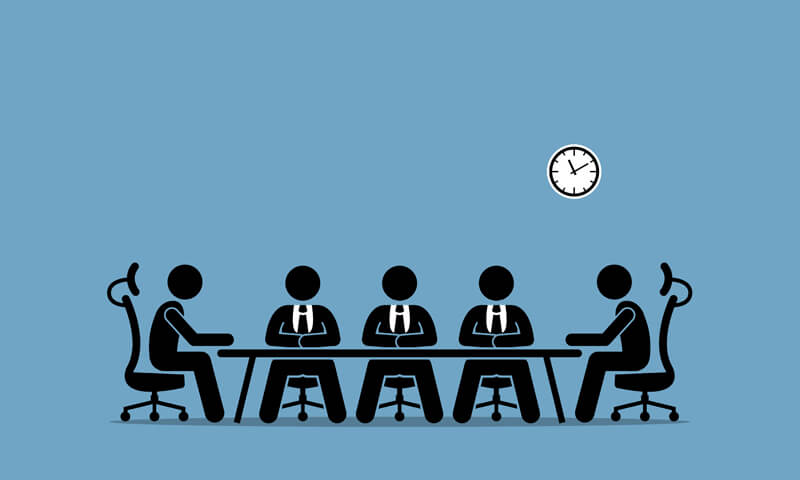
When Cooley first announced its associates will be awarded “special appreciation bonuses” ranging from $2,500 to $7,500 in recognition of their “resilience, sacrifice and commitment” during the COVID-19 pandemic, other elite firms didn’t wait long to follow suit and roll out hefty bonuses starting off the annual associate bonus.
Davis Polk was quick to follow and top Cooley’s effort when they set the scale by announcing ‘special fall bonuses’ for its associates ranging from $7,500 for the class of 2019 to $40,000 for U.S. associates who started at the firm in 2013.
One day later New York-based Milbank jumped on the bonus train and matched Davis Polk’s scale. As did California litigation boutique Hueston Hennigan and Irell & Manella.
Milbank announced its special bonus will range from $7,500 to $40,000 and associates “below 80% utilization” will get only half the bonus, while those “above 110% utilization” will get a bonus that is 50% higher.
These fall bonuses will come on top of the traditional year-end bonuses, which according to the firms won’t be lower than last year’s scale: $15,000 for the youngest associates, up to $100,000 for the most senior associates.
Bloomberg Law reports that unlike the past associate salary wars, elite law firms are putting the pedal to the floor at a time when many competitors are struggling to maintain the prior speed limit.
Michelle Fivel, a partner at Major Lindsey & Africa told Bloomberg Law “When salaries went to $190,000 there were a lot of experts who said a lot of firms fell in line that couldn’t afford it.” She added “This time, that’s not going to happen. And firms will have to look inward and be honest with themselves about what they can handle financially.”
The gap between the elite Am Law 50 firms and the rest of the market has only increased this year. According to a report by Citi Private Bank Law Firm Group, looking at first-half results of 2020, Am Law 50 firms “substantially outperformed” other segments of the legal industry in revenue and rates, which were up 7.1% and 6.3%.
The increasing gap between elite firms and the rest of the market is not just financial but is about talent as well. As the talent gap may widen as well, and less profitable firms might avoid matching the market bonuses.
Zeughauser Group consultant Kent Zimmermann told LAW.com, “a lot will have pressure to do it, and maybe some will and some won’t.” He added “I think the [financial] variation is causing many law firm chairs to be performing a very delicate balancing act. There will be a group of firms, perhaps as large as a quarter of the Am Law 200, that doesn’t have as much flexibility to stay as competitive as they historically have.”






































